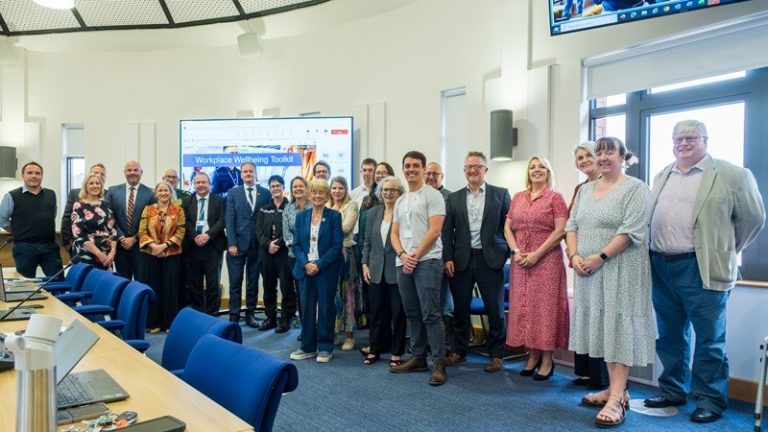
Ashfield District Council (ADC) together with the Ashfield Arts Partnership has launched Ashfield Creates, a three-year transformational programme to inspire and sustain the cultural and creative fabric of Ashfield. The programme is supported by Arts Council England, who have awarded £1 million through their Place Partnership programme, which uses money from the National Lottery.
Ashfield is an area that Arts Council England has identified as having great potential but, where historically, investment and engagement has been too low. Arts Council has been working closely with leaders and cultural organisations in the district to encourage regeneration and growth through greater investment and access to creative and cultural activities. The programme will work to increase arts engagement and cultivate an environment where Ashfield can realise its creative potential dramatically and sustainably.
Ashfield Creates will activate the towns and neighbourhoods of Ashfield with creative activities, events and experiences through establishing ‘Local Creative Hubs’ in Hucknall, Kirkby and Sutton with a fourth hub travelling across Ashfield’s villages. The programme aims to engage over 160,000 live audience members, over 14,000 participants, 250 volunteers and over 500 creative practitioners.
Ashfield Creates will be led by the residents of Ashfield, working with local engagement producers to plan regular participatory activities across dance, art, music and craft. The programme will include weekly local events and performances, and a yearly community arts festival, as well as large-scale events and festivals working with national and international artists.
The initial three-years of the programme are part of a larger 10-year arts, cultural and creative strategy for Ashfield, commissioned by Ashfield District Council and Ashfield Arts Partnership. The aim of the programme is to galvanise the arts sector, creative practitioners and community organisations to become a strong and sustainable arts and culture sector that will thrive in Ashfield for many years to come.
Across the summer the Ashfield Arts Partnership will be talking to people at local events to find out what they want to see and do and to help shape the programme of events and activities which are due to start in the Autumn.
Jason Zadrozny, Leader of Ashfield District Council, says: “I am absolutely thrilled that the incredibly strong partnership working we have in Ashfield has led to us securing this investment. It’s fantastic that the Arts Council is entrusting us with such a large grant to achieve truly transformational change. Investment into the arts is something that I am very passionate about and I believe it will set us on our way to everyone being able to experience arts on their doorstep.”
Peter Knott, Midlands Area Director at Arts Council England, said: “We’re delighted to invest £1 million into Ashfield through our Place Partnership programme, with funding from the National Lottery.
“We’ve been working closely with local leaders and cultural organisations to improve investment and access to culture and creativity in the district. We know the positive impact that cultural investment has on places, such as regeneration, growth, employment and happiness, so we’re delighted that local people will have more opportunities to experience, connect and take part in creative and cultural activities where they live.”
Edward Boott, Artistic Director & CEO of Nonsuch Studios who coordinated the bid efforts and member of Ashfield Arts Partnership says: “This is an incredible achievement by the people and communities of Ashfield. With over 200 community members and 25 local organisations coming together to help shape what Ashfield Creates will be, we created a truly transformational, community-led proposal to Arts Council England which the whole of Ashfield Arts Partnership can’t wait to put into action over the next three years. We can’t wait to see what we can create together!”
Playwright and screenwriter James Graham says: “As an Ashfield born-and-bred writer I can’t begin to express my delight that the area is to receive this cultural boost. We all know it is not a level playing field when it comes to accessing the arts, but I know from experience the talent in these towns and villages that is waiting to be supported, and the appetite that potential audiences have for engaging as a community with work that can bring people together. Congratulations to the dedicated team who brought this project to life, I can’t wait to see the work begin.”












